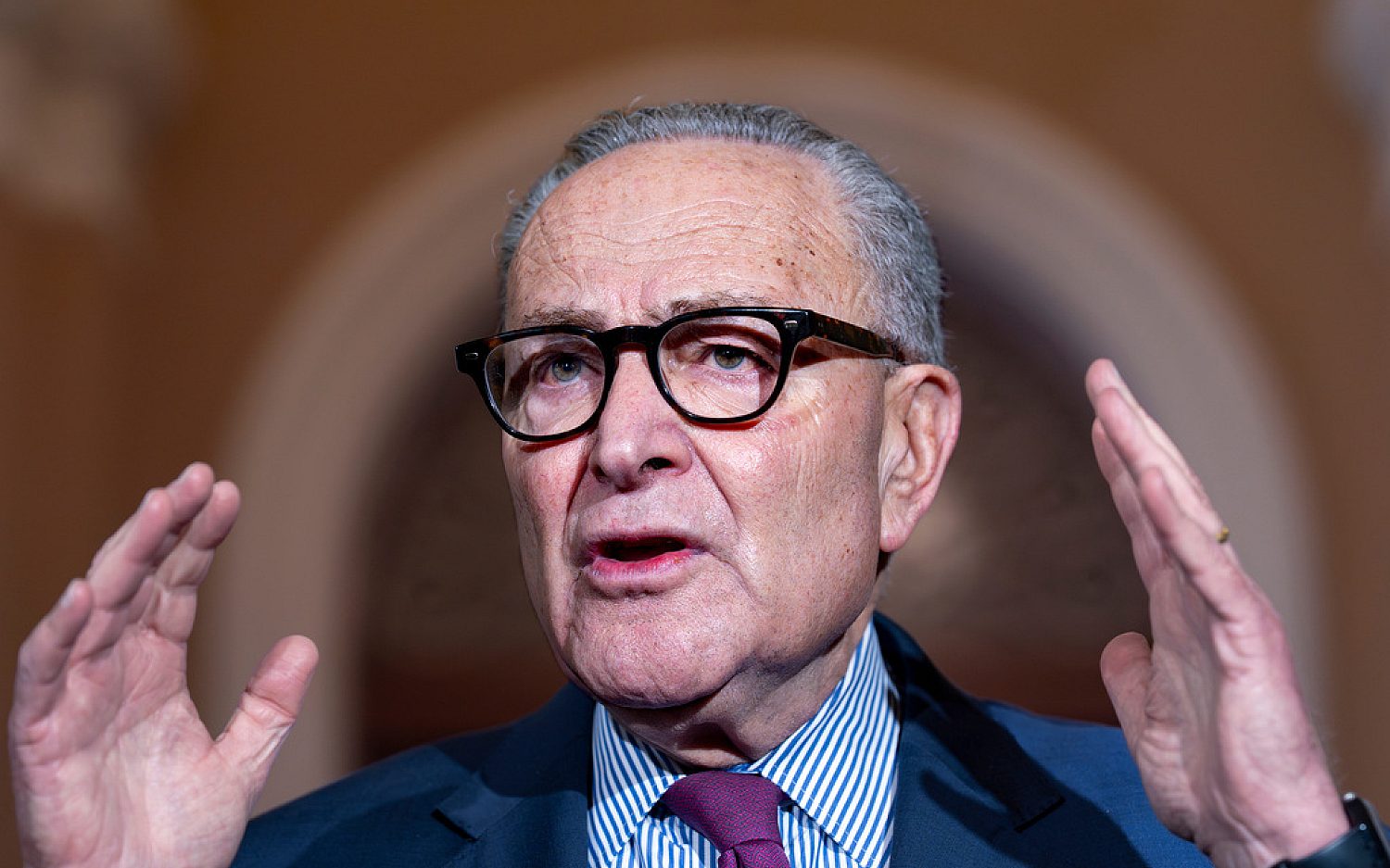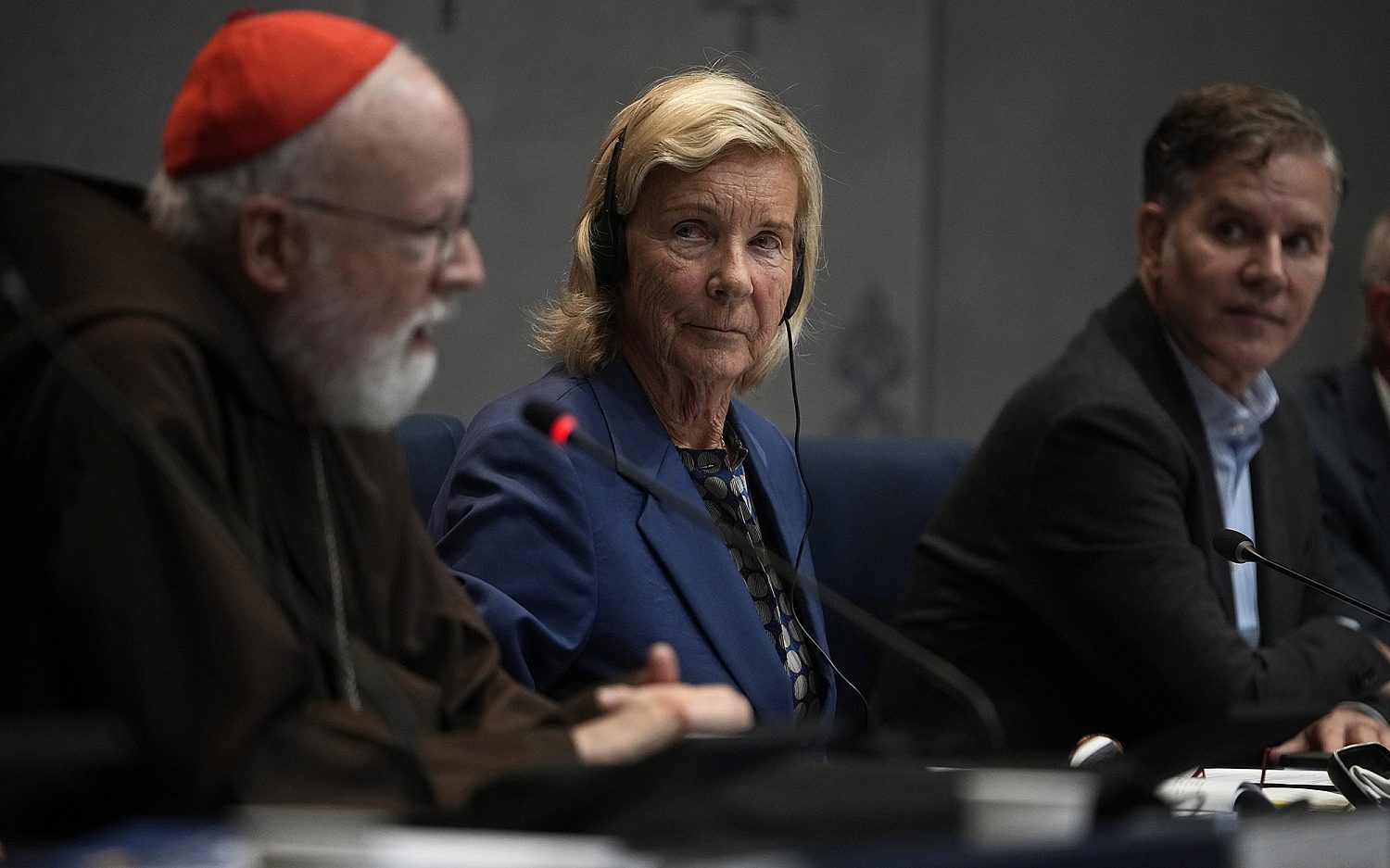A lesson in courage
Leesburg lunch-counters desegregated 50 years ago today in part because black residents saw people clearly
On this date 50 years ago an 85-year-old drugstore owner sat weeping in a meeting room in St. James Episcopal Church in Leesburg. "I can't do it. I can't do it," said Hobby Littlejohn. "I'm 85 years old. Only one or two more years to go. Don't spoil my life now, forcing this change on me."
He was speaking to a small group of black citizens who were asking four lunch-counter owners to let black customers eat in their establishments instead of waiting inconspicuously in a corner for take-out orders. After hearing an eloquent presentation from John W. Tolbert, Jr., Gladys Bryant Lewis, Vondel Roberts, Eugene Barber, and Robert Simms, the first three owners had already agreed to serve blacks, one grudgingly but two willingly.
Said C. M. Snow, the owner of Leesburg Pharmacy: "I've never known anything but segregation . . . . It's a way of life with me. Haven't thought much about it, but you people have sort of opened my eyes." He made brief reference to his Alabama background, and then finished with, "But I guess it's time to change. I'll give it a shot. Count me in."
But Littlejohn, owner of Purcell and Littlejohn and known locally as a generous philanthropist, just wasn't ready. He didn't think he was a bad man. "I've helped everyone one of you when you or your family were in trouble," he said. "I've probably provided you medicine without charge." Vondel Roberts told the others about a time when Littlejohn gave his family free medicine, delivering it himself in the middle of the night.
It's a key moment in the history of desegregation in Loudoun County, as described by Matthew Exline. His undergraduate history thesis at Patrick Henry College, finished last year, is titled "We Have Been Waiting Too Long: Ending Racial Segregation in Loudoun County, Virginia." The day after the meeting, April 29, "pairs or small groups of Negro customers-all of them Leesburg residents-were served at three of the town's lunch counters on Saturday in a test of race relations in the community," according to the Loudoun Times-Mirror. "They reported later that service was prompt and courteous."
A month later Littlejohn relented, and the desegregation of lunch-counters in Leesburg was complete.
Exline's thesis covers the gradual desegregation of schools, libraries, lunch-counters, and recreational facilities in Loudoun County between 1917 and 1968. In 1956, for example, blacks could not eat in most restaurants, borrow a book from a public library, or swim in local pools. In Leesburg's Tally-Ho theater, still open today, blacks had to sit in the balcony. Douglass Elementary school lacked indoor plumbing until 1951.
Some would say that the legacy of the civil rights movement is that force, or the threat of it, works. Leesburg lunch-counters desegregated at that time, writes Exline, in part because President John F. Kennedy had just purchased a summer residence in Middleburg. The Washington chapters of the NAACP and CORE were planning to bus out to Middleburg that April for a demonstration after a couple of Howard University students were denied service. Lunch-counter owners in that town likely changed their stance under pressure from Kennedy's staff, who were trying to avoid embarrassing national headlines, and that clearly had an impact in Leesburg.
Yet society changed-slowly, and often grudgingly, but not always because people were forced into it. Exline, who is headed to Liberty University's graduate history program in the fall, told me that he was struck with how the historical figures on both sides were conflicted and complicated, not cardboard cutouts.
Racism is bad and indefensible, Exline emphasized, and the people fighting to preserve segregation were wrong. Still, "there is a tendency to identify immediately the heroes and villains in this story," he said, "but I don't think you can do that."
What is clear, he said, is that a civil discussion changed people's minds because it gave the lunch-counter owners enough room to grapple with issues of justice and fairness, helping them move beyond social conventions, racial prejudice, and even business considerations.
Christians in the public square should take courage from the example of John W. Tolbert, Jr., Gladys Bryant Lewis, Vondel Roberts, Eugene Barber, and Robert Simms. They had the nerve to approach some of the most powerful people in their communities for a hearing. They got it in part because they were able to see opponents as human beings, not monsters, and they changed minds and lives because they did.
"Like" us on Facebook today!
An actual newsletter worth subscribing to instead of just a collection of links. —Adam
Sign up to receive The Sift email newsletter each weekday morning for the latest headlines from WORLD’s breaking news team.





Please wait while we load the latest comments...
Comments
Please register, subscribe, or log in to comment on this article.